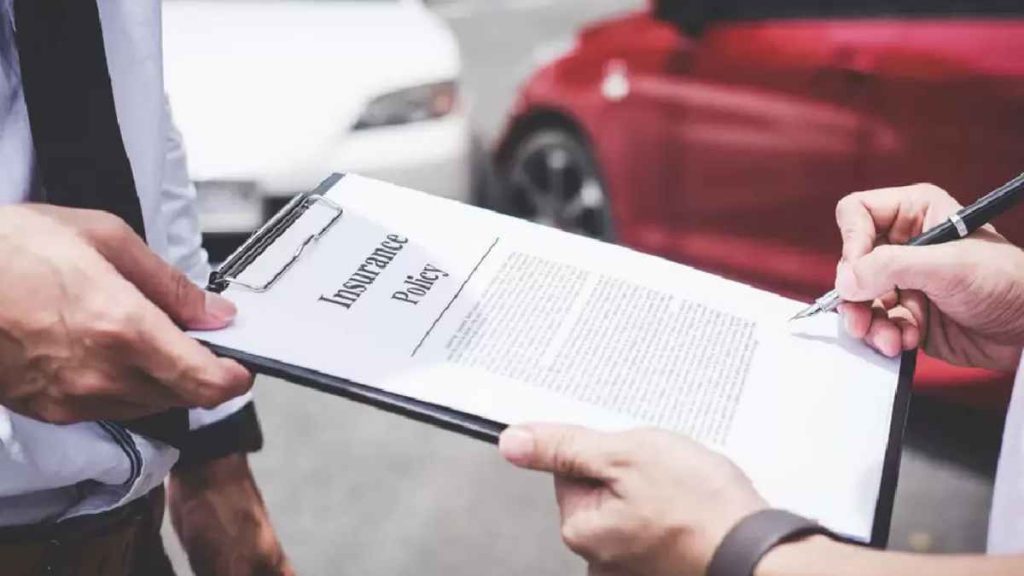After a car accident, one of the first people you may need to speak to is an insurance adjuster. While it is important to provide honest and accurate information about the accident, there are certain things you should avoid saying to an insurance adjuster. You should consider contacting a lawyer if you have been a victim of car accidents in Toledo.
Insurance companies are ultimately looking out for their interests, and anything you say could be used against you in a claim. You must know what you should not say to an insurance adjuster after a car accident to protect your rights and ensure you receive fair compensation for damages and injuries.
Contents
Things car accident victims should avoid saying to an insurance adjuster after the accident:
1. Speculation
When speaking to an insurance adjuster after a car accident, it is essential to avoid speculation or guessing about accident details. Only provide the facts as you know them, and do not make assumptions about what may have happened.
Speculating can hurt your case, leading to inconsistencies in your story or inaccuracies that can be used against you in a claim. Stick to the facts and avoid guessing or speculating at all costs.
2. Accepting blame
After a car accident, avoiding accepting blame or admitting fault to an insurance adjuster is important. Doing so can hurt your chances of receiving fair compensation for damages and injuries.
Even if you feel partially responsible for the accident, sticking to the facts and avoiding accepting any blame is crucial. Let the adjuster investigate and determine fault, and do not make any statements that could be used against you in a claim.
3. Inconsistent statements
Consistency is critical when speaking to an insurance adjuster after a car accident. Providing different information to different adjusters or changing your story can negatively impact your ability to receive fair compensation.
To build a strong claim, it is vital to be truthful and consistent in your statements. Avoid providing inconsistent statements and stick to the facts you know to protect your rights.
4. Personal information
When speaking to an insurance adjuster after a car accident, avoiding providing unnecessary personal information is essential. Only provide the information necessary to the claim and avoid disclosing sensitive information such as your social security number or financial details.
The adjuster does not need this information to investigate the claim, providing it can potentially put your personal information at risk. Only provide what is necessary and keep your personal information protected.
5. Signing paperwork
Before signing any paperwork from an insurance adjuster after a car accident, you must understand what you are signing. Insurance companies may try to settle for less than you deserve, and signing paperwork without fully understanding the terms can negatively impact your ability to receive fair compensation.

